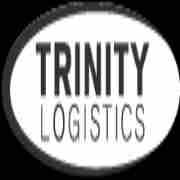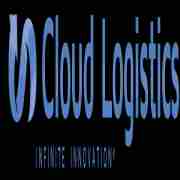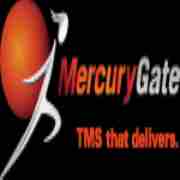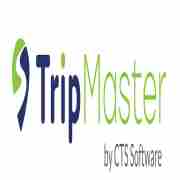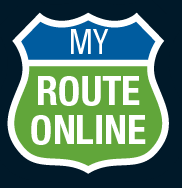Transportation agencies face various accounting challenges which are not at all related to other firms. Apart from standard accounting requirements, the companies in transportation industry comprise special requirements that depend on their extensive equipment and vehicles, along with their billing task. If you have decided to invest in an integrated accounting software package, then you’ll definitely observe profitable operations in your competitive landscape.
In order to provide you an insight into different solutions in accounting, we have an effective list of top 10 best products from recognized companies. Virtuous Reviews is a free platform that serves the users with detailed information and original reviews about competitive products. Alongside, it allows the users to share their valuable experiences, which helps the professionals to generate independent, fair-minded reviews and ratings for the users. With these independent and reasonable reviews, the user will be able to generate a unique perception about its selected product.
How to choose the best transportation accounting software?
Specific questions to ask when evaluating these systems are:
- Do you carry passengers or freight?
- Do your customers need to make reservations? If so, do you want them to be able to do that online?
- How complicated is your routing? Would you benefit from an automated routing solution?
- Do your drivers already have smartphones or GPS to integrate as part of your mobile solution?
- How many vehicles do you have?
Answering these questions will help you narrow down the list of trucking accounting products and focus on those best suited for your business.
Features:-
- Fixed assets - Systems help manage inventory, tax compliance, insurance costs and track depreciation for trucks and other fleet equipment.
- Expense management - Allows drivers to capture business expenses due to travel (including mileage, lodging, food etc.), create expense reports and submit claims to management for reimbursement.
- Financial reporting - Automates the process of running financial reports including expense reports, profit and loss (P&L) statements and balance sheets. Increases transparency into financial records and allows for more accurate data tracking.
- Payroll - An integrated payroll module can help track driver expenses, wages, and benefits and simplify tax preparation. Features such as direct deposit help streamline the payment process so employees are paid promptly and the wages are available for immediate use.
- Safety and compliance - Between fuel taxes and other surcharges and restricting driver hours, transportation software helps improve compliance in this heavily regulated industry. This includes driver qualification, physicals, drug screens, MVRs, remedial action and flags to the dispatcher for drivers not in compliance.
- Fleet maintenance -The Department of Transportation—as well as the business itself—wants every accident and maintenance detail to be reported. Fleet management modules make it easy to report accidents, process claims, schedule repairs and routine maintenance and track the value for tax and financial management purposes.
- Reservations, routing and dispatch - Software designed specifically for the transportation industry usually includes dispatching capabilities, which allow the user to integrate load orders, plan routes, optimize trips and estimate costs to support rate quoting. Additional modules like flight tracking can provide estimated plane departure or arrival times, and passenger vehicles like airplanes or limousines will benefit from a reservation system that can manage customer profiles, send email confirmations and even accept online requests.
Benefits:-
- Save a ton of time. Invoices get generated automatically as you use the applications.
- Helps you set up your financial statements (e.g. income statement, balance sheet) when you start using the system.
- You have the ability to enter tickets in a centralized location and have the information flow to all of your management software applications automatically.
- Helps you to reconcile the bank statement and generate direct deposit files.
- Helps simplify the manual invoices that occur on a regular basis.



 Visit Website
Visit Website
